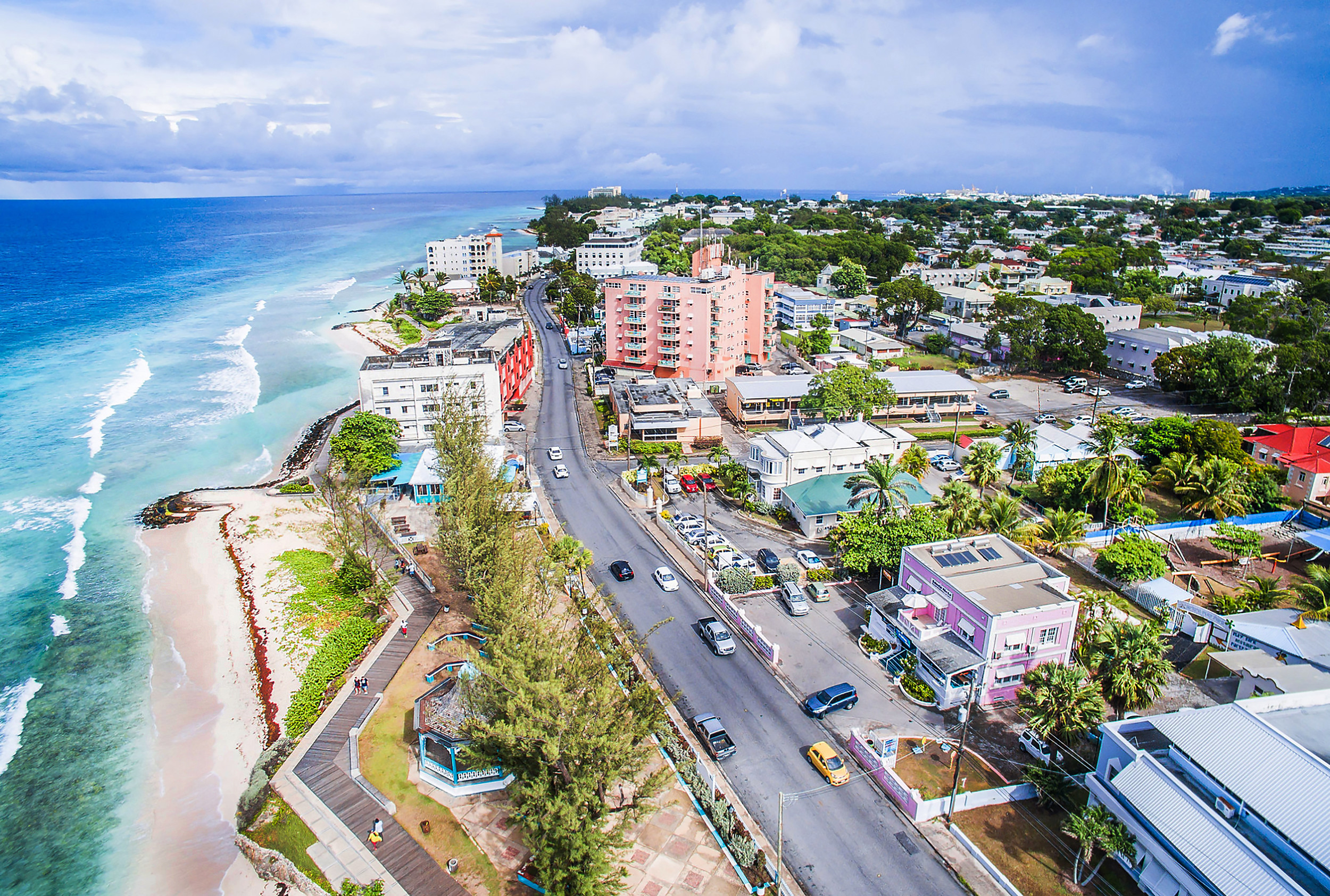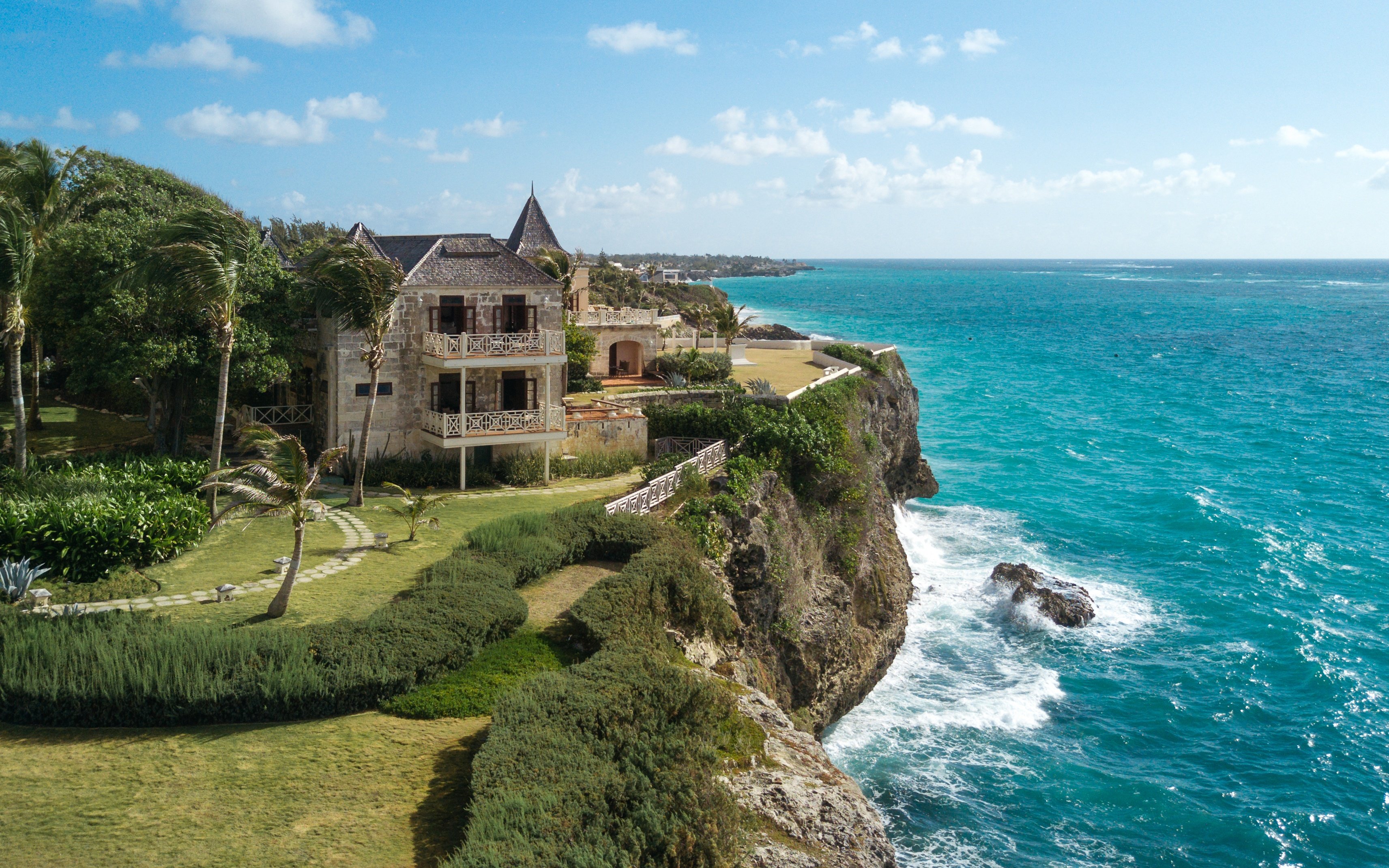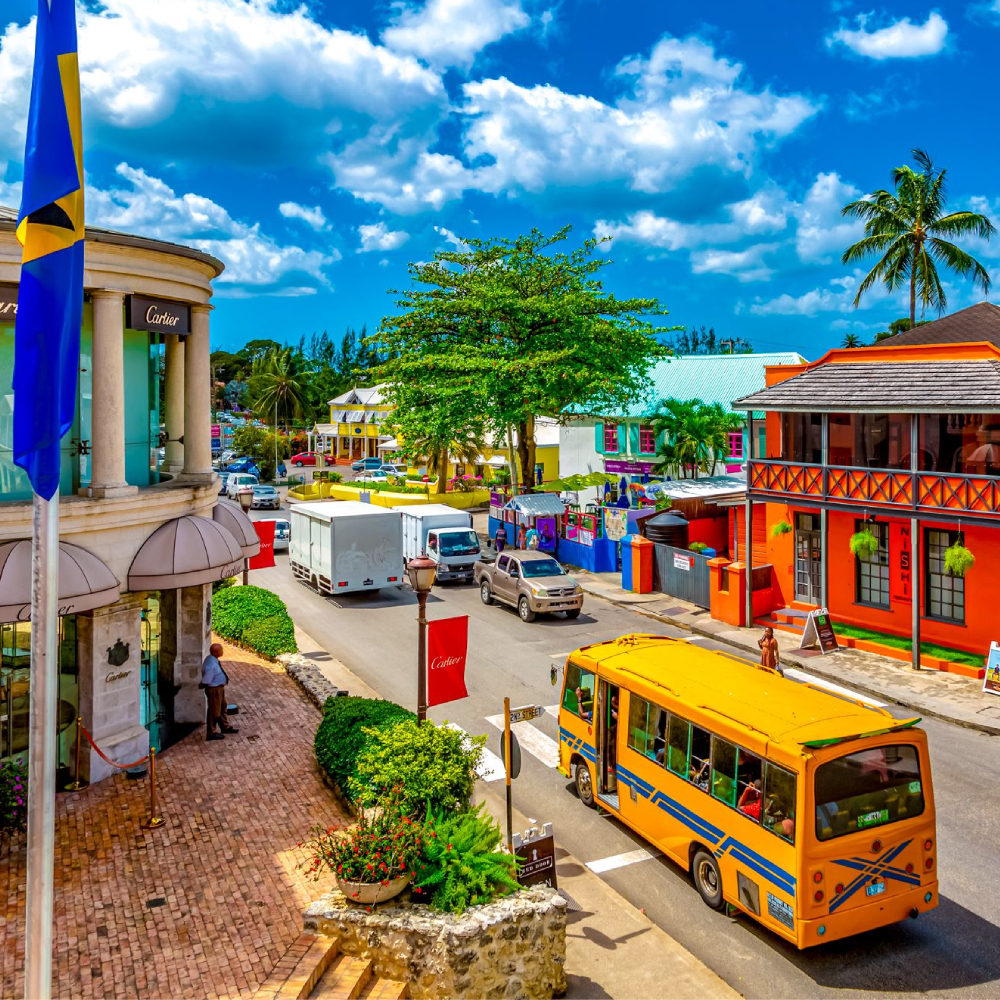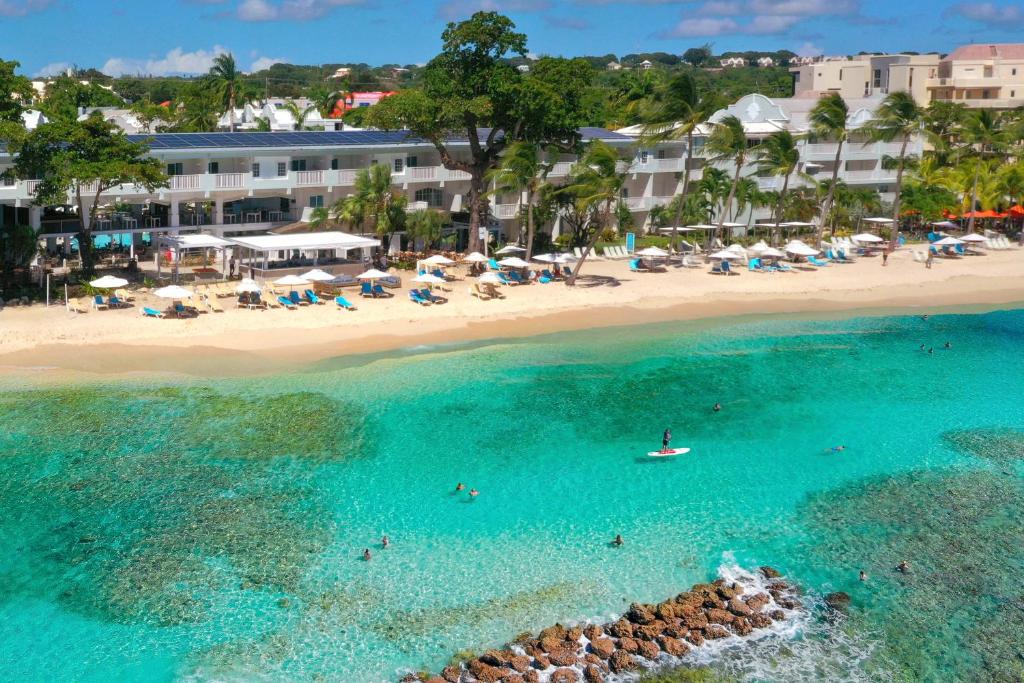Barbados: A Jewel of the Caribbean
Introduction:
Nestled in the azure waters of the Caribbean Sea lies the picturesque island of Barbados, a gem of the West Indies known for its stunning beaches, vibrant culture, and warm hospitality. With a rich history, diverse landscape, and a blend of British and African influences, Barbados offers a unique experience that captivates visitors from around the world. From the bustling capital of Bridgetown to the serene shores of the east coast, let us embark on a journey to uncover the beauty and charm of this enchanting island.
Geography and Climate:
Barbados, situated in the Lesser Antilles, is the easternmost Caribbean island, spanning just 167 square miles. Despite its small size, the island boasts diverse geography, from the rugged cliffs of the east coast to the tranquil beaches of the west. The central region is characterized by rolling hills and lush vegetation, while the southern coast features pristine white sand beaches and crystal-clear waters.
Barbados enjoys a tropical climate, with warm temperatures year-round tempered by refreshing trade winds. The dry season, from December to May, is ideal for sun-seekers, while the wet season, from June to November, brings occasional rain showers and the possibility of hurricanes. Regardless of the season, Barbados offers endless opportunities for outdoor adventure and relaxation.
History and Culture:
The history of Barbados is a tapestry woven with indigenous, European, and African influences. The island was originally inhabited by the Arawak and Carib peoples before being colonized by the British in the 17th century. The legacy of colonialism is evident in the architecture, language, and customs of Barbados, yet the island has also preserved its rich African heritage through music, dance, and cuisine.
One of the most iconic symbols of Barbadian culture is Crop Over, a vibrant festival that celebrates the end of the sugar cane harvest. Originating from the days of slavery, Crop Over features colorful parades, lively music, and traditional costumes, culminating in the crowning of the Crop Over King and Queen. Another cherished tradition is the Barbados Landship, a cultural institution that pays homage to the island's seafaring past through music, dance, and storytelling.
Economy and Industry:
Despite its small size, Barbados boasts a diverse economy driven by tourism, agriculture, and offshore financial services. Tourism is the largest industry, accounting for the majority of foreign exchange earnings and providing employment opportunities for thousands of Barbadians. The island's pristine beaches, world-class resorts, and vibrant cultural scene attract millions of visitors each year, making tourism the lifeblood of the Barbadian economy.
In addition to tourism, agriculture plays a significant role in Barbados' economy, with sugar cane historically being the primary crop. While sugar production has declined in recent years, agriculture still contributes to the island's economy through the cultivation of crops such as bananas, citrus fruits, and vegetables. Furthermore, Barbados has emerged as a leading offshore financial center, offering a range of financial services to international clients.
Natural Attractions:
Beyond its cultural heritage and economic prowess, Barbados is blessed with an abundance of natural attractions that showcase the island's breathtaking beauty. The west coast is famous for its calm, turquoise waters and powdery white sand beaches, including the popular beaches of Paynes Bay, Mullins Bay, and Sandy Lane. Snorkeling and diving enthusiasts will delight in exploring the vibrant coral reefs and marine life that thrive off the coast of Barbados.
For those seeking adventure, the rugged east coast offers dramatic scenery and adrenaline-pumping activities such as surfing, hiking, and exploring hidden caves and coves. Bathsheba, with its iconic rock formations and pounding surf, is a favorite spot for surfers and photographers alike. Meanwhile, the tranquil shores of the south coast provide the perfect setting for water sports such as windsurfing, kayaking, and paddleboarding.
Culinary Delights:
No visit to Barbados would be complete without indulging in the island's delectable culinary offerings, which reflect its diverse cultural heritage and abundant natural resources. From freshly caught seafood to flavorful local spices, Barbadian cuisine is a tantalizing fusion of African, Caribbean, and British flavors.
One of the signature dishes of Barbados is flying fish, often served with cou-cou, a savory cornmeal and okra dish, and spicy gravy. Other culinary delights include fish cakes, made from salted codfish and seasoned with herbs and spices, and pudding and souse, a traditional Saturday dish consisting of pickled pork and sweet potato pudding. Visitors can also sample Barbados' famous rum, which is produced locally and enjoyed in cocktails such as the classic rum punch.
The rhythmic beats of the tuk band, a traditional Barbadian musical ensemble, can be heard during the island's many street fairs and festivals. Comprising drums, penny whistles, and other percussive instruments, the tuk band embodies the lively spirit of Barbadian culture and adds a festive soundtrack to local celebrations.
Barbados's culinary scene is a delectable fusion of flavors influenced by African, European, and Caribbean traditions. The island's national dish, cou-cou and flying fish, is a savory delight made from cornmeal and okra accompanied by tender flying fish, a staple of Barbadian cuisine. Other culinary highlights include spicy Bajan pepper sauce, hearty fish cakes, and sweet treats like coconut bread and guava cheese.
Colonial Legacy and Architectural Heritage
Barbados's colonial past is evident in its architectural heritage, with stately plantation houses, historic churches, and sugar mills dotting the countryside. The island's capital, Bridgetown, is a UNESCO World Heritage Site renowned for its well-preserved colonial architecture and rich history.
The Garrison Historic Area, located just outside Bridgetown, is a testament to Barbados's military legacy and is home to several historic landmarks, including the Barbados Museum and Historical Society. Originally built by the British in the 17th century, the Garrison served as a strategic military outpost and played a pivotal role in the island's defense.
One of Barbados's most iconic landmarks is St. Nicholas Abbey, a beautifully restored plantation house dating back to the 17th century. Nestled amidst lush tropical gardens, St. Nicholas Abbey offers visitors a glimpse into the island's colonial past with guided tours of its elegant Great House, rum distillery, and sugar mill.
Barbados's plantation heritage is also reflected in its majestic botanical gardens, which showcase the island's diverse flora and fauna. Hunte's Gardens, located in the heart of the island, is a verdant oasis brimming with exotic plants, cascading waterfalls, and meandering pathways that lead to hidden grottoes and panoramic vistas.
Sustainable Tourism and Conservation Efforts
As a leading tourist destination in the Caribbean, Barbados is committed to promoting sustainable tourism practices and preserving its natural environment for future generations. The island's pristine beaches, lush rainforests, and vibrant coral reefs are among its most valuable assets, and efforts are underway to protect and conserve these fragile ecosystems.
Barbados has implemented strict environmental regulations to minimize the impact of tourism on its delicate marine and terrestrial habitats. Initiatives such as beach clean-up campaigns, coral reef restoration projects, and sustainable fishing practices are aimed at preserving the island's natural beauty and biodiversity.
Conclusion:
Barbados is truly a jewel of the Caribbean, offering a harmonious blend of natural beauty, cultural richness, and warm hospitality. Whether lounging on the sun-drenched beaches of the west coast, exploring the rugged landscapes of the east coast, or immersing oneself in the vibrant rhythms of Crop
































